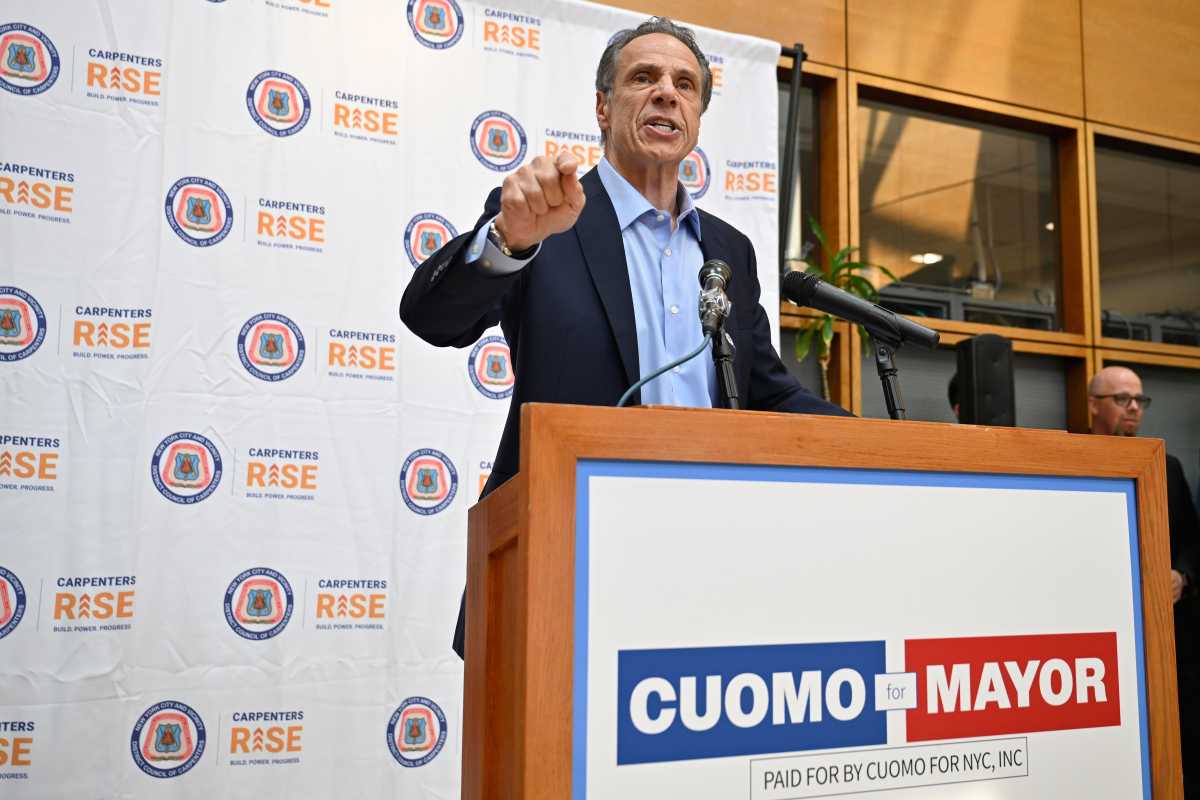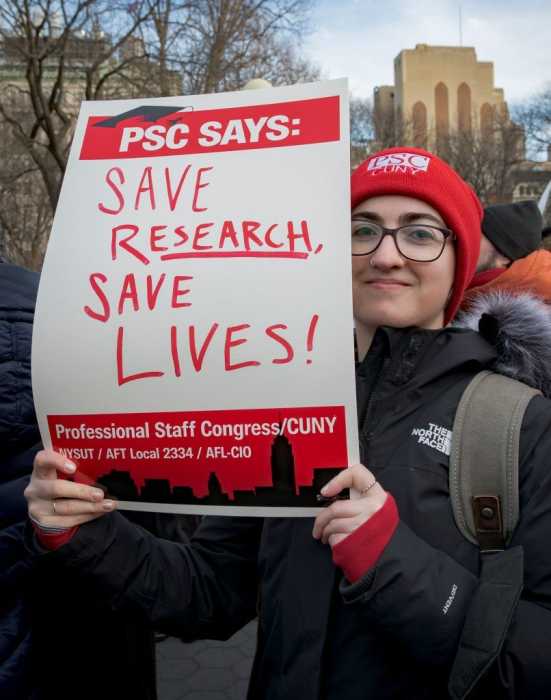By Prem Calvin Prashad
This year, the DREAMers – young people brought into this country as children and given a stay of deportation through an Obama-era program — have been a political football between the warring parties.
Democrats swore to advocate for them in Washington, congressional Republicans professed their sympathy and President Trump indicated a deal could be had. Yet 12 months later as Congress again finds itself on the brink of a government shutdown Friday when government spending runs out, Democrats ponder whether now is the time to press the issue.
Negotiations to extend DACA protections have been ongoing since December, when Senate Minority Leader Sen. Charles Schumer and House Minority Leader Pelosi met with Trump about the program. The president, at the time, tied protections for DREAMers with funding for the border wall.Nothing came of this, which is why Democrats considered forcing deportation relief as part of the government funding bill necessary to keep the federal government. Though the bipartisan will exists to find a legislative solution for DACA, whether it could come to fruition in budget talks remains disputed.
A government shutdown is costly. If Washington cannot agree to fund the federal government, then a shutdown damages the U.S. economy, halts pay and furloughs federal employees (including the military) and shakes faith in the federal government. Both parties still blame each other for a brief 2013 government shutdown over defunding the Affordable Care Act. Although Republicans control the entire government, if a deal cannot be met with the Democrats and a handful of dissenting Republicans, the government will shut down, with both sides blaming each other.
The crux of a deal over the DREAM Act iincludes maintaining the stay of deportation afforded to the program recipients. While in the program, DREAMers had to pay fees and provide exacting documentation to maintain eligibility. All but the most hardline immigration opponents agree that rescinding the promises made by the federal government would be a disaster. When the program was enacted, it in essence asked DREAMers to trust the federal government and potentially “out” their parents as undocumented in exchange for the protection to work and go to school.
A bipartisan compromise would likely include an extension of the program, or at least maintain the protections against deportation that had already been promised. Potentially a deal could even include a pathway to permanent residency and eventual citizenship , something not provided by DACA but a logical next step that never came to fruition under the Obama administration. Doing so would fulfill the president’s campaign promise to “take care of those kids,” as he put it. President Trump and the Republicans, in turn, would ask for restrictions on immigration and increased funding for border security.
The prospect of a negotiated “deal” over DREAMers doesn’t sit well with all. On Dec. 4, outside Schumer’s Manhattan offices, a coalition of community groups, including many from Queens, rallied to demand a “clean” DREAM Act – one that does not link a deal with border security or other punitive measures against immigrants. Decrying the perceived militarization of border and immigration enforcement, organizers call for cuts to Immigration and Customs Enforcement and CBP, asserting that both agencies operate with little oversight and have dramatically expanded the detention of undocumented persons.
Congress’s priorities currently lie elsewhere, with the debate of tax reform having eclipsed healthcare as the administration’s priority. A deal is not likely soon. It seems unlikely, given that the Democrats would likely take the brunt of the blame for a government shutdown, that they would be willing to take as dramatic a stand as a shutdown on behalf of the undocumented youth.
Yet, trading the security of a few for the broader oppression of the many must not be the solution. Arguably most of the Democratic base would be satisfied with protections for DREAMers – a group that has very publicly put names and faces to the issue of immigration reform. For the nameless and faceless undocumented, some now having spent decades in the United States, it remains far too convenient to trade on their safety.




































